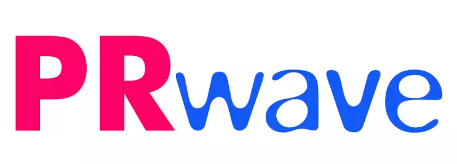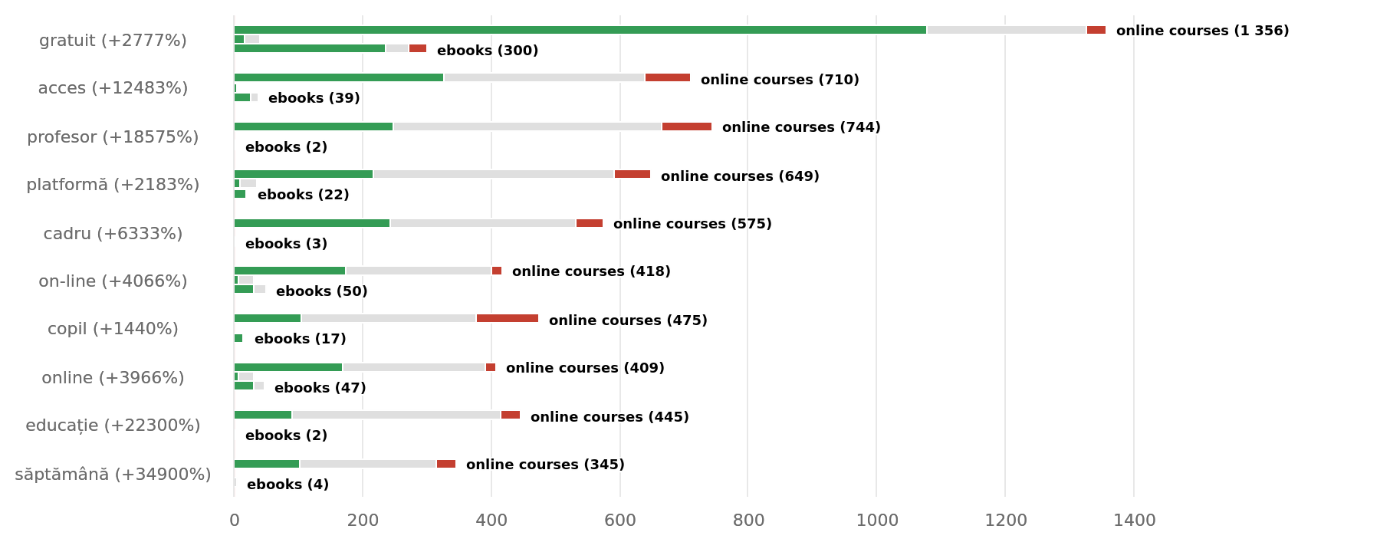 Ana Adi
Ana Adi
Fulbright Alumna si Freelancer
(English version)
Citeam de curand pe PRwave ca unii din politicienii nostri isi petrec vacanta online, actualizandu-si constant blogurile si tinand astfel la curent publicul curios si interesat de demersurile lor, problemele lor existentiale sau comentariile acide la adresa colegilor de guvernare. Apoi am aflat despre epolitics.ro, un site ce ne tine la curent cu ce mai publica bloggerii interesati de politica romaneasca. Si nu am putut sa nu ma intreb : si unde se intalnesc bloggerii romani cu bloggerii politicieni ?
Ideea ca epolitics inseamna ca participantii la fenomenul politic se exprima utilizand internetul si tehnologiile ce-i sunt arondate (e-mail, blogguri, video, forumuri etc.) este reprezentata atat in bloggurile politicienilor cat si in cele ale activistilor/comentatorilor/observatorilor politici… insa ce deocamdata la noi nu se intampla este dialogul pe care internetul ar trebui sa il intermedieze. Nu degeaba epolitics este inteles si ca internet activism, adica luare de pozitie, dialog, dezbatere si nu degeaba comunicarea politica, prin insasi definitia termenului de comunicare, ar trebui sa implice nu numai o sursa si un receptor ci si sa si permita reciprocitatea relatiei si schimbul de roluri. O simpla cautare pe google a termenului « epolitics » da ca rezultate site-uri precum epolitics.com, epolitix.com/en, e-politics.org, e-politics.net.gr sau e-politik.de. Site-uri americane, britanice, grecesti, germane si chiar din Costa Rica ce arata ca exista o preocupare crescanda pentru epolitics in intreaga lume ce are acces la internet. Numai daca ne uitam la ultimele campanii electorale din Statele Unite ale Americii vom putea vedea o diferenta clara intre 2000, 2004 si 2008 in ceea ce priveste comunicarea politica si activismul politic online si o mutare de la text la interactiune si de la comunicarea de genul unul-catre-multi la cea de genul unu-la-unu si multi-la-multi prin utilizarea noilor platforme de networking si a media generate de utilizatori.
Mai mult, aparitia unor site-uri precum cele amintite mai sus care au pagini dedicate pentru procesul legislativ, grupuri de interese, politicieni si cetateni demonstreaza inca o data ca epolitics este despre dialog si dezbatere si nu doar despre un monolog politic. Sa luam de exemplu, epolitix.com, dupa parerea mea un bun exemplu de cum e-politica ar trebui sa arate. Un site neutru pentru dezbatere politica al carui scop declarat este acela de a imbunatati comunicarea intre parlamentari, cetateni si organizatii. Ori epolitix face acest lucru folosindu-se de toate avantajele internetului: usurinta in utilizare, rapiditatea cu care informatia poate fi adusa la zi, accesul crescand la internet si accesibilitatea informatiei precum si posibilitatea de interconectare si interactivitate. Epolitix ofera zilnic podcasturi, interviuri cu politicieni si reprezentanti ai organizatiilor, grupurilor si constituentilor cu interese politice si legislative, sinteze ale ultimelor articole publicate pe bloggurile fiecarei parti precum, link-uri catre site-urile oficiale ale parlamentarilor alaturi de stiri si comentarii. Si in Romania exista asa ceva, politicienii bloggeri ne ofera mp3-uri de descarcat, avem si site-uri pentru stiri politice si informatii legislative, avem si forumuri politice… Insa cum evaluam aceste prezente online ? Cat de eficiente sunt ele ? « cine e interesat, afla cu siguranta ! » imi trece acum in minte un gand care e cat se poate de valid insa ma intreb din nou retoric, rolul nostru de comunicatori este sa fim partinitori sau sa creem/facilitam un dialog? Si mai mult, rolul nostru de comunicatori este avem o strategie si sa fim coerenti sau pur si simplu sa ne vedem organizatia, reprezentantul sau grupul pe peste tot ca doar « awareness-ul » este cel mai des intalnit obiectiv de PR ?!
——————————-
Epolitics – what we have, what we know and what it should actually be
I have read recently an article on PRwave according to which some of our politicians are spending their holiday online, constantly updating their blogs and therefore keeping the curious public up to date with their actions, problems or witty comments about their government colleagues. Then I found out about epolitics.ro, a website that lets us know what the Romanian bloggers interested in politics are publishing. And I could not stop and ask myself where do the Romanian bloggers meet the politician bloggers?
The idea that epolitics means that the participants to the political phenomenon use the internet and its technologies (blogs, videos, forums and so on) to express themselves is clearly represented both on the politicians’ blogs as well as on those of the political activists / commentators / observers… but what for now misses to happen is the dialogue between the two that internet should help intermediate. It is not for nothing that epolitics is defined as internet activism, as taking a stand and as dialogue or debate and it is not for nothing that political communication, if considering its definition, should imply more than a source and a receiver but allow the reciprocity of such relation and the interchangeability of roles. A simple Google search of “epolitics” comes up with a lot of results such as epolitics.com, epolitix.com/en, e-politics.org, e-politics.net.gr or e-politik.de. American, British, Greek, German and even Costa Rican websites that prove the existence of an increasing interest in epolitics around the world with internet access. A glimpse to the latest electoral campaigns in the US show a clear difference between the political communication and online political activism in 2000, 2004 and 2008 together with a shift from text to interactivity and from the one-to-many kind of communication to a more of a process from one-to-one or many-to-many, process enhanced and supported by the new networking platforms and emergence of user generated media.
Moreover, the emergence of such websites that have pages dedicated to the legislative process, interest groups, politicians as well as citizens proves once more that epolitics is about dialog and debate and not about a political monologue. Let’s just take epolitix.com as an example of how epolitics should look like. A neutral website dedicated to political debates whose declared objective is to improve the communication between parliamentarians, citizens and organizations. Or, epolitix does this making use of all the advantages that the internet offers: the easiness of use, the speed with which the information can be updated, the increasing access to this medium, the information accessibility as well as the opportunity and possibility of interconnectivity and interactivity. Epolitix offers daily podcasts, interviews with politicians and organizations or advocacy groups representatives, syntheses of the latest blogged articles, links to official British MPs websites together with news and opinion columns and editorials. Romania, on the other hand, has a similar offer meaning that the politicians-bloggers offer their visitors some podcasts. There are also political information websites as well as legislative portals and political forums…. But the question that still stands is how does one evaluate these online presences? How efficient are they? …Obviously, one would say, who’s interested in this will certainly figure a way to find out which I for one have to admit is a fair and valid reaction. But then, I keep asking myself rhetorically, what is the purpose of a communicator: is it to be biased and take someone’s side or create/facilitate dialogue? And furthermore, is it not the role of a communicator to have a strategy and be coherent in its actions or is it just to see the organization / representatives / group one serves in a hectic everywhere motivated by the fact that “awareness” is the first and foremost PR objective?




